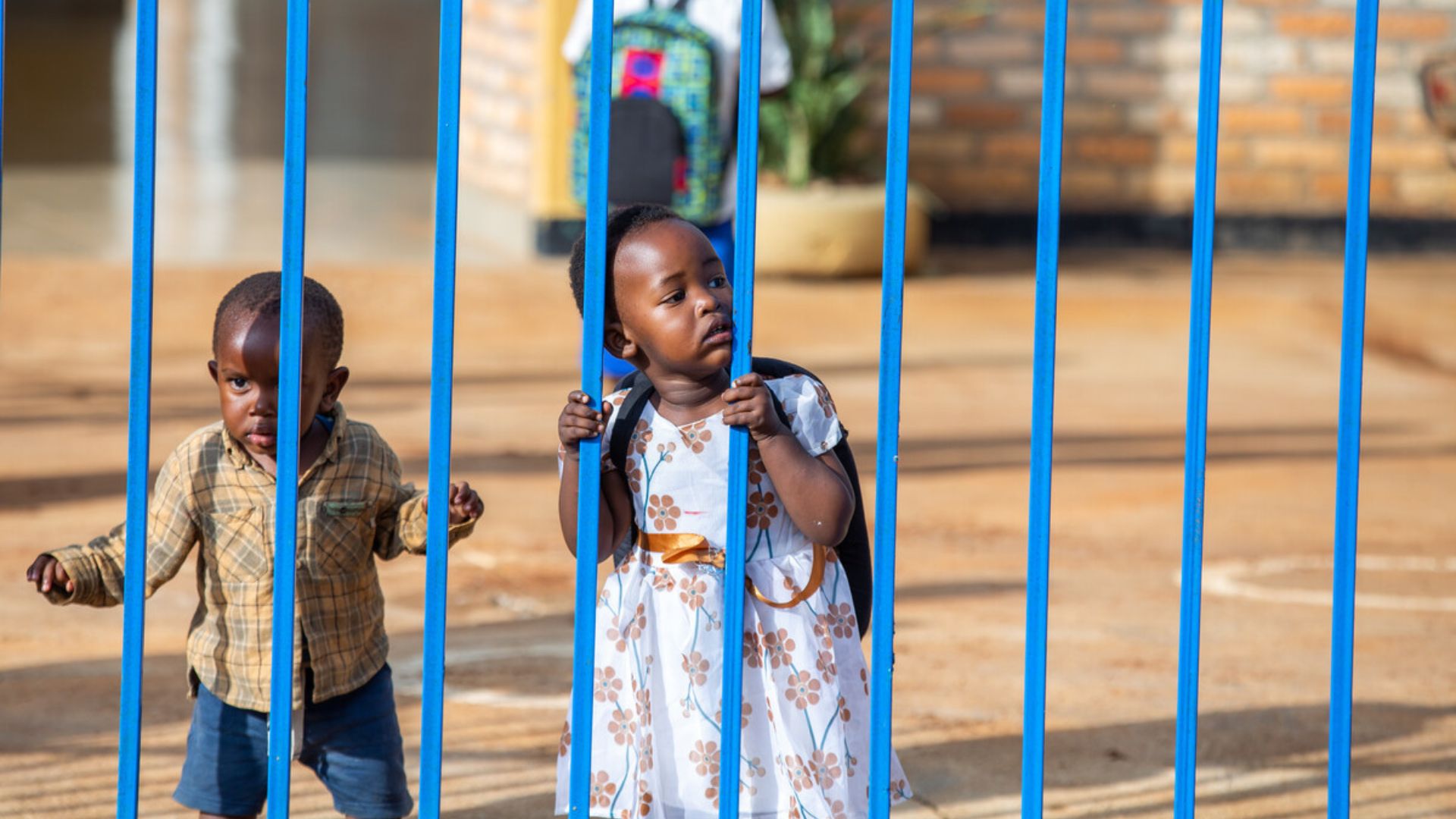The Context
Kenya is currently estimated to have over 900 orphanages, formally recognised as Charitable Children’s Institutions (CCIs), accommodating approximately 45,000 children. These figures are approximations, as there are likely far more children and institutions than recorded. This is largely due to poor documentation, inadequate oversight, limited monitoring, and a weak national data management system.
Our Work
1. Developing and Enhancing Policies, Standards, and Legislation
Our work in Kenya began in 2016, with a focus on transitioning from institutional care to family and community-based care for all children. Since then, we have supported the government in developing national policies, legislative frameworks, and standards that enable this shift. Notably, we contributed to three key documents:
- The National Care Reform Strategy for Children in Kenya (2022–2032)
- The National Guidelines for Transitioning Child Care Systems in Kenya
- The National Guidelines and Standards for Child Welfare Programmes
These publications provide essential guidance for the country’s care reform efforts.
2. Facilitating Learning and Exchange Visits
In 2018 and again in 2022, Hope and Homes for Children organized learning visits to Rwanda for senior Kenya government officials from the National Council for Children’s Services and the Directorate of Children’s Services. The initial visit demonstrated the viability of care reform, while the second, following the launch of Kenya’s National Strategy, focused on practical implementation. Rwanda continues to serve as a regional model and learning hub, nearing the complete elimination of institutional care for children.
3. Strengthening Learning, Advocacy, and Collaboration
As part of the leadership in the Association for Alternative Family Care of Children, which includes over 30 member organizations, we advocate for and promote family- and community-based care. The association fosters ongoing learning, sharing, and collaboration among its members to advance the implementation of Kenya’s national care reform strategy.
4. Supporting Care Reform in Gilgil Sub-County, Nakuru
Since 2024, we have been directly involved in implementing care reform in Gilgil Sub-County, Nakuru. Our current work includes mentoring and providing technical support to Sub-County officials and CCIs transitioning to family-based care. We have conducted sensitization and capacity-building sessions for local children’s officers, administrators, religious and community leaders, and civil society organizations. We intend to support the implementation of care reform at Sub County and County level in collaboration with local governments and other stakeholders.


